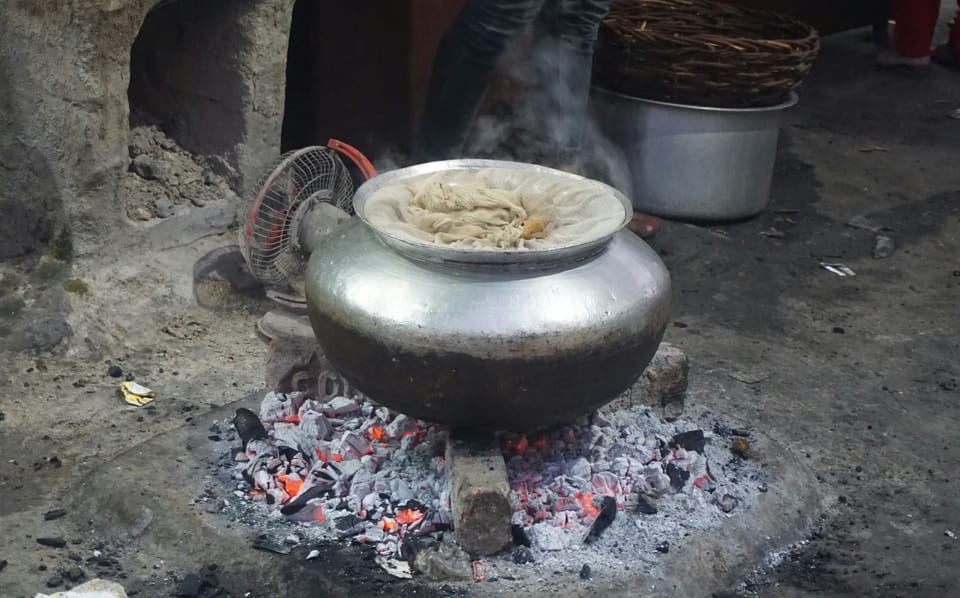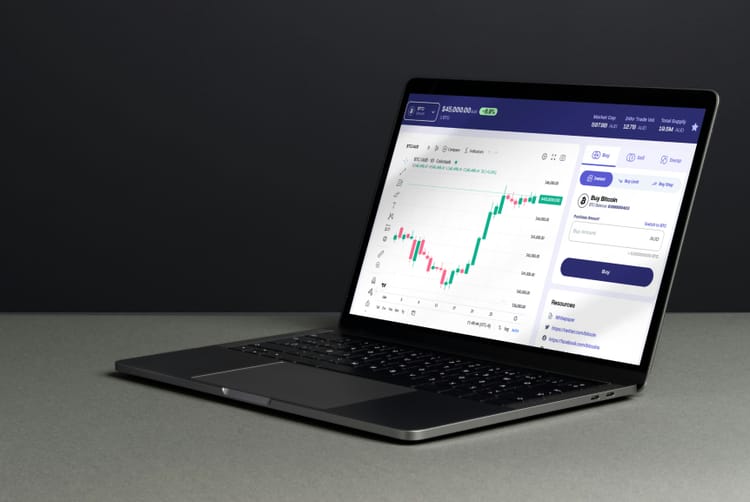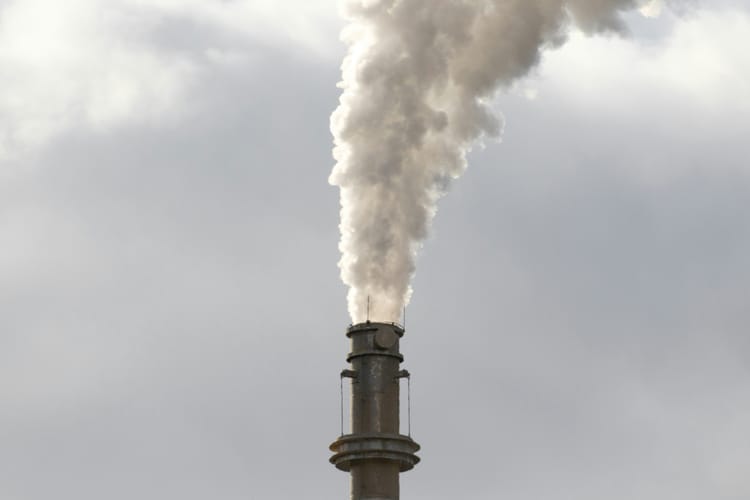ICVCM approves three cookstove methodologies for high integrity carbon credit label

The Integrity Council for the Voluntary Carbon Market (ICVCM) has approved three methodologies – and rejected two – to generate high-integrity carbon credits from cookstove projects.
ICVCM has been reviewing the methodologies used to calculate the GHG emissions avoided or absorbed across a variety of different projects – and sell carbon credits based on these calculations – as part of its Core Carbon Principles (CCP) framework to make high-integrity credits easier to recognise.
Today, it announced that two cookstove methodologies and one household biodigester methodology have met the CCP criteria, provided they use specified tools and methods for estimating fuel consumption and monitoring usage.
The clean cookstove methodologies approved include two Gold Standard methodologies (metered and measured energy cooking devices versions 1-1.2 and technologies and practices to displace decentralized thermal energy consumption version 4); as well as Verra’s VM0050 on energy efficiency and fuel-switch measures in cookstoves, version 1.0.
Gold Standard’s methodology for animal manure management and biogas use for thermal energy generation v1.0 is also approved to receive the CCP label under the same conditions as the other three.
Amy Merrill, CEO of the Integrity Council, said: “We know how important clean cooking is for homes around the world and how much impact it can have in health, pollution and climate terms. These first cookstove and biodigester approvals will strengthen the sector for the future: the strict conditions for CCP labelling show what is best in class. This will provide the confidence needed to ensure that carbon finance can flow into these projects, enabling them to deliver their social, environmental and health benefits to communities around the world.”
ICVCM expects several hundred thousand tonnes to be issued using these methodologies in the coming year.
Clean cookstove projects under scrutiny
Projects that generate carbon credits by replacing polluting cooking fuels like wood or kerosene with cleaner alternatives have been under high scrutiny in recent months: in October 2024, several individuals involved in carbon project development firm C-Quest Capital were charged by the US Attorney for the Southern District of New York and the FBI for allegedly scheming to fraudulently obtain carbon credits worth tens of millions of dollars “by using manipulated or misleading data” around cookstove projects.
Earlier that year, a study published in Nature found that cookstove carbon credit projects overstated their GHG reduction benefits by 1,000% on average.
While announcing the three CCP-approved cookstove methodologies, ICVCM also rejected two others: Gold Standard’s energy efficiency measures in thermal applications of non-renewable biomass v1-13.1 and its simplified methodology for clean and efficient cookstoves v1-3.
“These older methodologies either lacked best practice measurement methods or demonstrably effective controls on avoiding potential overestimation from fuel savings or technology usage,” warned ICVCM.
Two biodigester methodologies also didn’t pass the CCP assessment framework requirements: AMS-I.E. (switch from non-renewable biomass for thermal applications by the user v1-13), used by Verra and Gold Standard, and Gold Standard’s AMS-I.I. (biogas/biomass thermal applications for households/small users v1-6).
Read also: Carbon market funding and prices suggest confidence is picking up
High-integrity carbon label progress
The Integrity Council for the Voluntary Carbon Market is making its way through the many different methodologies to issue carbon credits, and has already announced a number of approvals and rejections.
In August 2024, it excluded all renewable energy credits from the CCP scheme, arguing that they did not meet its additionality requirements. Later that year, however, ICVCM approved three REDD+ methodologies to generate carbon credits from forest projects, unlocking the potential for millions of high-integrity nature-based credits to enter the market.
Another clean cookstove methodology remains under assessment, as well as two further forest project crediting methodologies. Decisions on these are expected by the end of Q2 2025.
Annette Nazareth, Chair of the Integrity Council, said: “We understand many existing projects will choose to use the new methodologies and conditions we have approved today and we are working diligently to finalise our assessment of the other versions of cookstoves methodologies submitted to us for assessment. We recognise the importance of this type of project for unlocking climate finance and enabling sustainable development as well as the positive impact of cookstoves at the household level.”







Member discussion